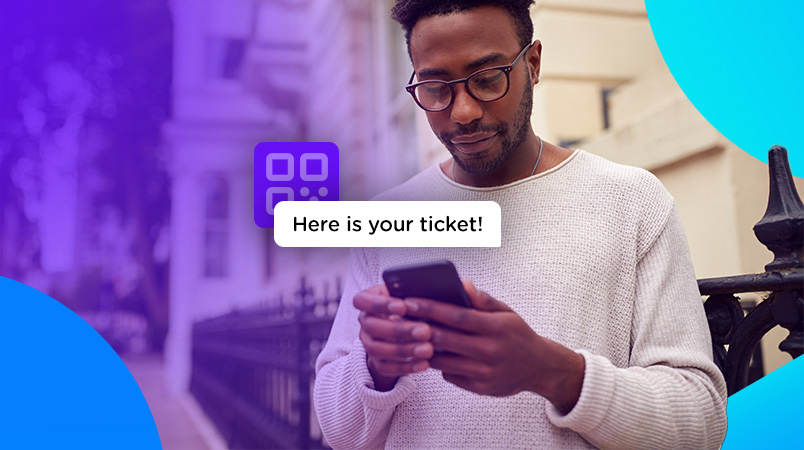The Importance of the Meta Conversion API for Ticketing Businesses
By installing the Meta Conversion API, ticketing businesses can dramatically increase their return on ad spend by measuring the total value of their campaigns through improved visibility of customer actions and conversions.
Not only does the server-side API increase visibility into customers’ off-website actions, but it also helps businesses save time and reduce duplicated efforts tracking similar customer interactions in multiple places - creating greater efficiency in marketing efforts.
What Is the Meta Conversion API?
The Meta Conversion API, formerly known as the Server-Side API, works with Meta Pixel to help improve the performance and measurement of your Meta ad campaigns.
While the Meta Pixel has long been a valuable tool for tracking business data across the social network, Meta has recommended that marketers install the Conversion API since the introduction of Apple’s iOS 14 update, which has created hurdles regarding the amount of tracking data businesses can obtain. The Conversion API has been designed to help businesses maintain data privacy, all while delivering personalized advertising experiences to customers and audiences.
The Conversion API, which doesn’t rely on browser-based tools like cookies, works with Meta Pixel to ensure you get all the data you need. Combined, these tools effectively track, attribute, and improve your Meta marketing performance.
How Does the Meta Conversion API Work?
Meta Conversion API connects your website to your Meta ads. When a user clicks on one of your ads, Meta generates a unique ID number for that user, and as the user moves around your website, Meta tracks their movements and sends that data to you.
This means that you can still collect data about your Meta ads, while your customer’s identity and privacy are protected with a unique ID.
What Can Be Tracked With the Meta Conversion API?
Meta’s Conversion API is thorough and provides businesses with a wealth of helpful tools and insights, many of which were not available with Meta Pixel. Here are three of the must-have tools that it provides:
1. Full-Funnel Visibility
The Conversion API provides marketers with the ability to start sharing the data they want, something that wasn’t offered by Meta Pixel. However, by combining both the Conversion API and Pixel, businesses can obtain complete full-funnel visibility, whereas Pixel on its own provided only an insight into in-page actions.
This means an entire view of the customer journey will be provided, including actions such as off-website purchases and whether a customer continues to use their free trial, and then converts are now tracked.
2. Precise Sharing of Data
Sharing data through Conversion API is more accurate than any other method in the mid-funnel and lower funnel. Businesses don’t have to worry about any data getting lost due to a browser crash or an ad blocker.
3. Data Control
Conversion API gives businesses control over what data they share. This means that businesses can implement the Conversion API in addition to Pixel and decide what to share and when to share it. By contrast, Pixel sends all events in real time.
What’s more, instead of sharing data with the browser, Meta Conversion API companies can share the data that matters with Meta through their server. This means that if a customer uses a privacy tool for non-Meta Activity, their actions will be extended to data sent through the Conversion API.
The following are some samples of events that you can post back using the Meta Conversion API:
Qualified lead
The user has not yet subscribed
Prospect contacted
The application has been launched
The application has been completed
Phone calls
Offline purchases
How CM.com Can Help
If you’re interested in the Meta Conversation API and you’re already a CM.com customer for the Museums & Parks Ticketing product, please contact your Customer Success Manager to hear more about the possibilities for switching it on.
If you’re looking to create a high-performing ticket shop, we’re happy to take the time for a consultation to see how our solutions can help you achieve your goals.








